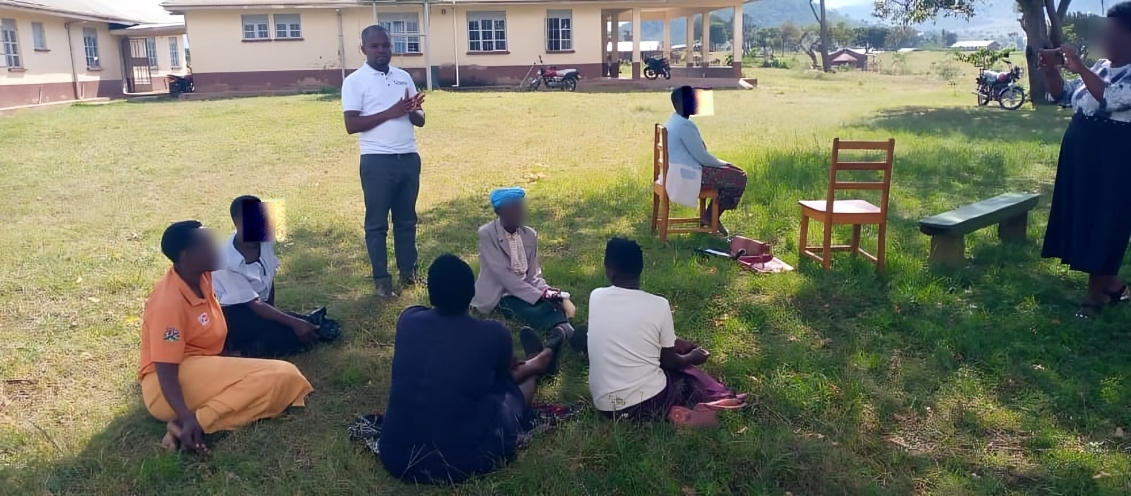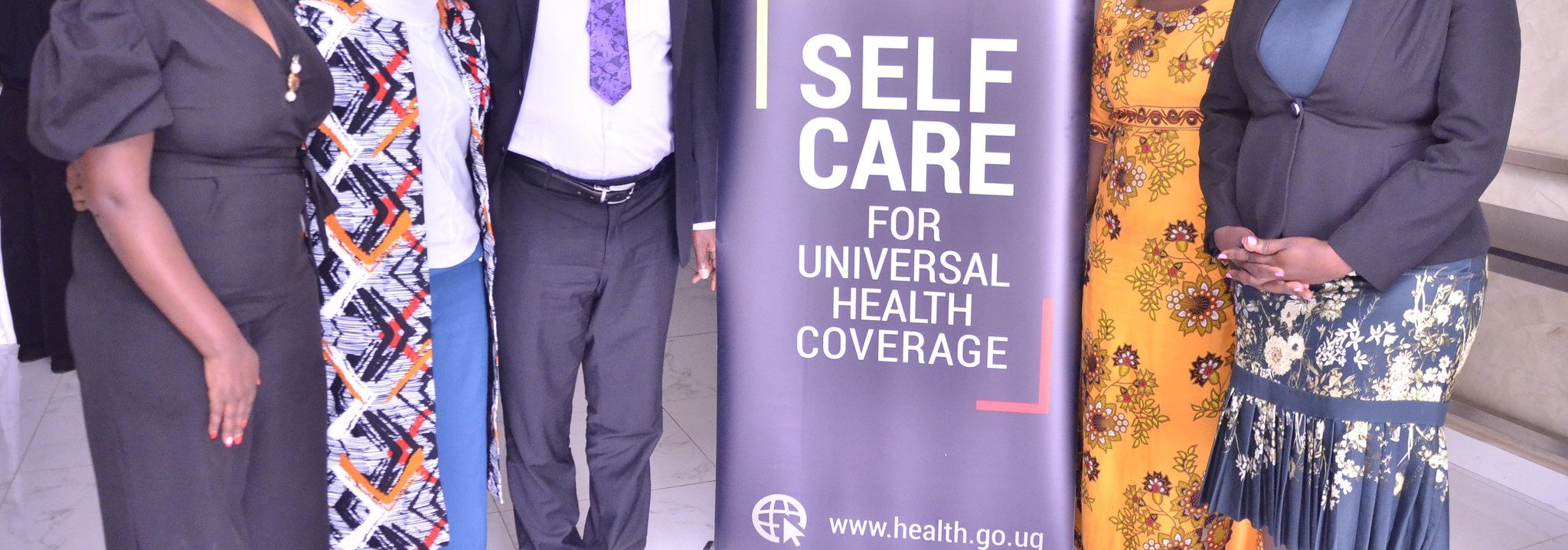Note: The name CL has been used as a pseudonym to maintain confidentiality
– Compiled by Johnson Komagum and Matthew Mwidu – CEHURD
Case file Reference Number: Bukwo 048/06/2024. A 38-year-old widow living with HIV, residing with her four daughters in Riwo Sub-county, Bukwo District, was evicted from her one acre of land due to her HIV status and ridiculed for having only daughters. This left her devastated, helpless and burdened by stigma.
CL, a 38-year-old widow living with HIV, faced immense hardships after her husband’s death. She had shared her marriage with her late husband and his other wife, with CL allocated one acre of land and the other wife receiving two acres. After her husband’s death, clan members and relatives accused CL of infecting him with HIV, leading to his death, and mocked her for having only daughters. As a result, they unlawfully took possession of her one acre of land, leaving CL devastated and without a means to provide for herself and her four daughters.
With her land taken away, CL struggled to care for her family. She started a small retail alcohol business to make ends meet, but it was not enough to sustain them. The emotional and financial strain became overwhelming, leaving her feeling isolated and powerless against the injustices inflicted by her husband’s family.
Upon hearing about the mobile legal aid camp organized by the Center for Health, Human Rights, and Development (CEHURD) with support from The AIDS Support Organization (TASO-Ugnda) in June 2024, CL attended and received much-needed support. Understanding the gravity of her situation, the CEHURD team worked closely with her to engage local leaders, including the LC1, LC2 and LC3, to address her land dispute. A community paralegal, trained by CEHURD, tirelessly followed up on her case to ensure CL would see justice. The paralegal also organized meetings with local leaders to support her, leading to three meetings between the leaders, clan members and the family who had wrongfully seized her land.
Following the persistent follow-up and negotiations led by the community paralegal, the clan leaders eventually agreed to return the one acre of land to CL. This significant victory restored her hope and provided her with the land she needed to support her family. CL is now back on her land, where she grows crops to ensure food security for her daughters. She continues to receive HIV treatment at Riwo Health Center III in Bukwo district, enabling her to maintain her health while supporting her family. CEHURD’s intervention not only resolved her land dispute but also empowered CL with knowledge and ongoing support, fostering justice within her community.



